Books by Chinodya Shimmer
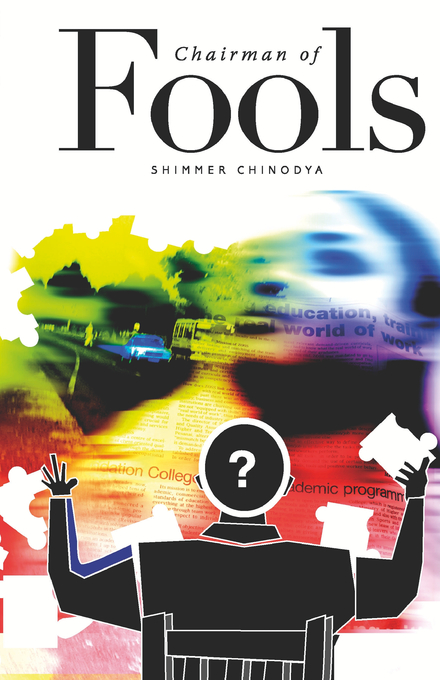
chairman of fools
Chairman of Fools explores the plight of Farai Chari, a supposedly successful writer, professor and self-acclaimed artist, living in an African culture in which tradition weighs heavy and middle class aspirations are crude. Farai yearns for a world in which men and women can freely associate with one another and gratify their passions without moral chastisement.
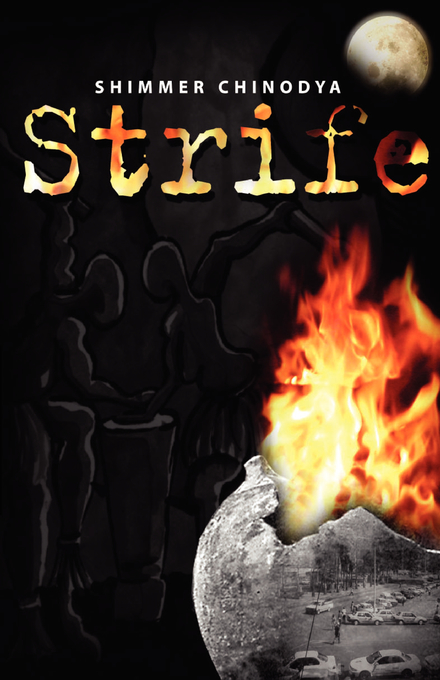
strife
Strife is a rich and densely written novel that provides a dark expos? of the tension between modernity and tradition, and deep insights into culture in Zimbabwe in the 21st century. Chinodya explores the powerful draw that conflicting ideologies exercise over an emerging middle-class that at once yearns for autonomy and unconsciously desires the irresponsibility of an all-pervading destiny. Tracing the Gwanagara?s roots back over a century, Chinodya interweaves past and the present, juxtaposing incidents never forgotten or resolved, revealing how memory becomes an actor in lived time. A large family grows up in Gweru. Their father aspires to be an enlightened Christian man; he sees his children through school and college where they do well. But as adults, they are struck by illness. Who is to blame? Who is to cure these ailments? What wrongs have they committed to offend the ancestors? How can atonement be made? Can education, science and medicine provide any solution? Their mother, the moon huntress, seeks out the answers and the cures in traditional beliefs and customs.
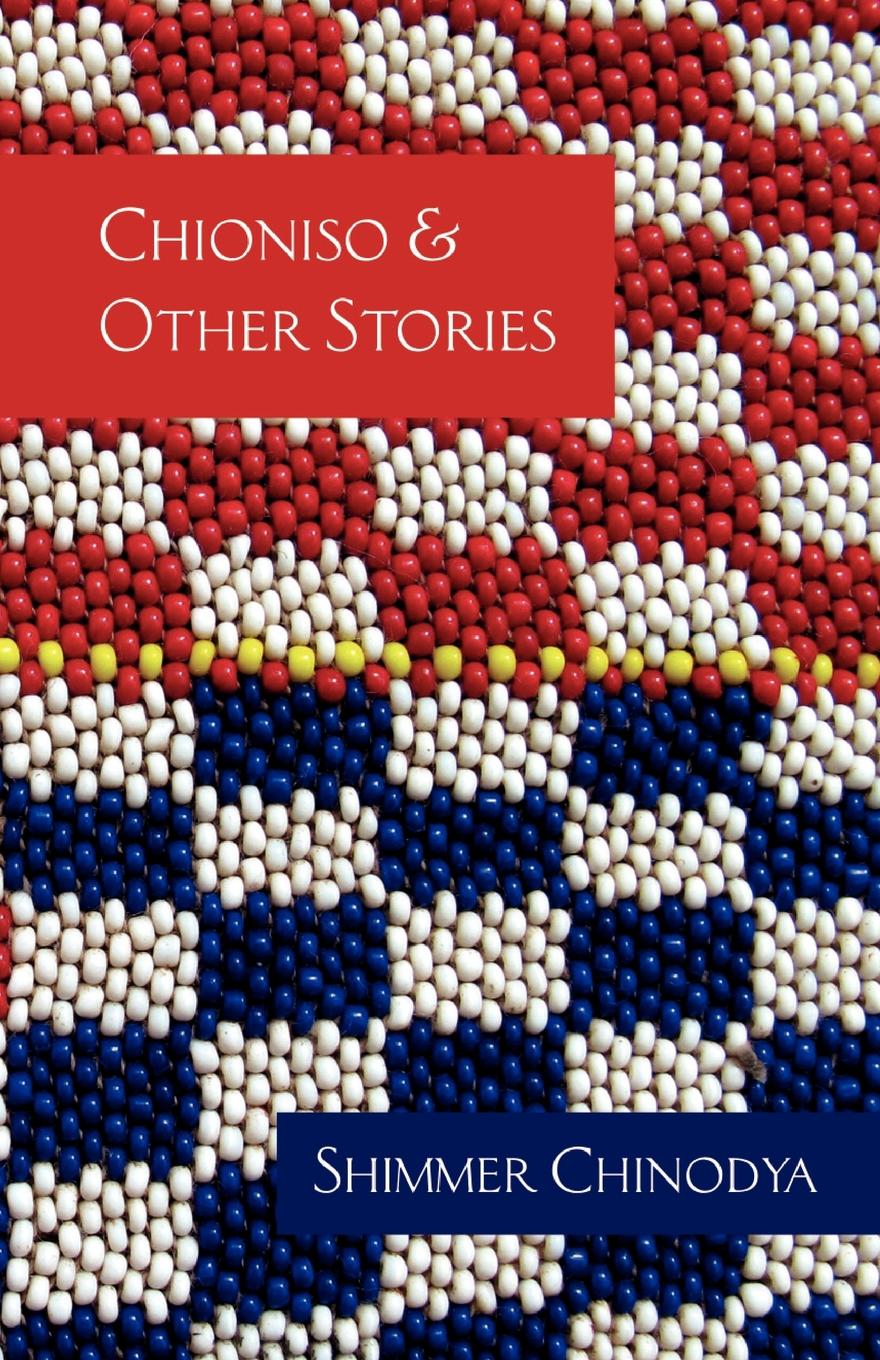
chioniso and other stories
In this new collection, Chioniso and other stories, we are once again reminded how Shimmer Chinodya mines his experience for nuggets. Playing with his doppelganger, Godfrey, he looks back on life in Harare, and in Zimbabwe, over the last decade, exploring it from a familial perspective. How does a father cope with a rebellious daughter or a wife he perceives as wayward? How does one mediate traditional gender roles? What to do when status in the form of a car undermines the stability of a marriage? How does one manage a friendship with a new farmer? What moral compromises are demanded by new wealth and political cronyism? And what is the effect of religion on our lives? Have we become more caring and compassionate, or does piety provide a mask, to disguise greed and ambition, and justify a contempt for the poor? This collection of stories will make you laugh, but it will also challenge you to reconsider what it means to be Zimbabwean in the 21st century.
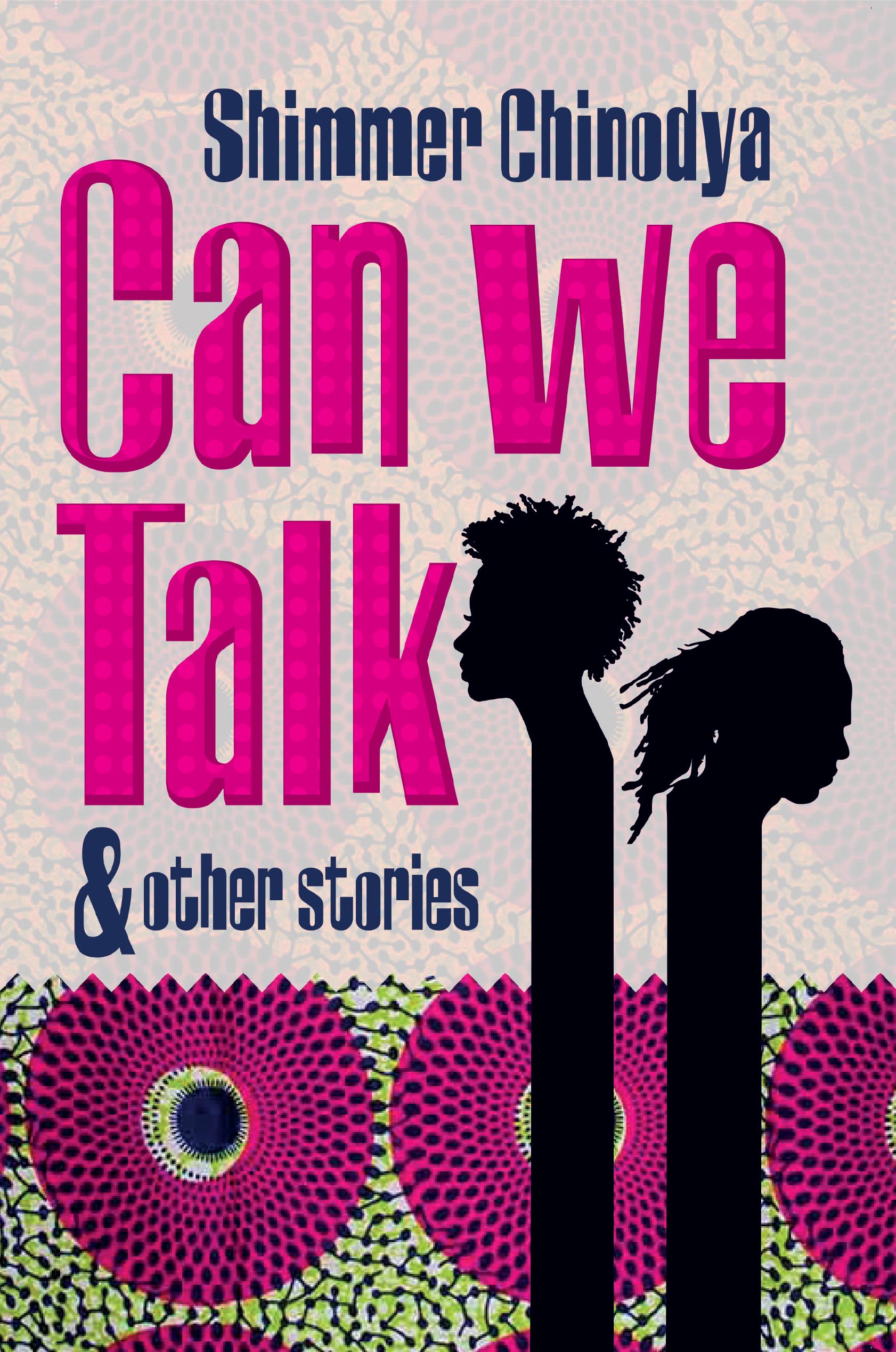
can we talk and other stories
Shimmer Chinodya, winner of the 1989 Commonwealth Writers Prize (Africa region) is one of Zimbabwe's foremost fiction writers. This collection of short stories reveals his development as a writer of passionate questioning integrity. The first stories, 'Hoffman Street' and 'The Man who Hanged Himself' capture the bewildered innocence of a child's view of the adult world, where behaviour is often puzzling and contradictory; stories such as 'Going to See Mr B.V.' provide the transition between the world of the adult and that of the child where the latter is required to act for himself in a situation where illusions founder on a narrow reality. 'Among the Dead' and 'Brothers and Sisters' look wryly at the self-conscious, self-centred, desperately serious world of young adulthood while 'Playing your Cards', 'The Waterfall', 'Strays' and 'Bramson' introduce characters for whom ambition, disillusion, and disappointment jostle for attention in a world where differences of class, culture, race and morality come to the fore. Finally, in 'Can we Talk' we conclude with an abrasive, lucid, sinewy voice which explores the nature of estrangement. The charge is desolation. Can we Talk and Other Stories speaks of the unspoken and unsaid. The child who watches but does not understand, the young man who observes but cannot participate, the man who stands outside not sure where his desires and ambitions lead, the older man, estranged by his own choices. 'Can we Talk' is not a question but a statement that insists on being heard, and demands a reassessment of our dreams.
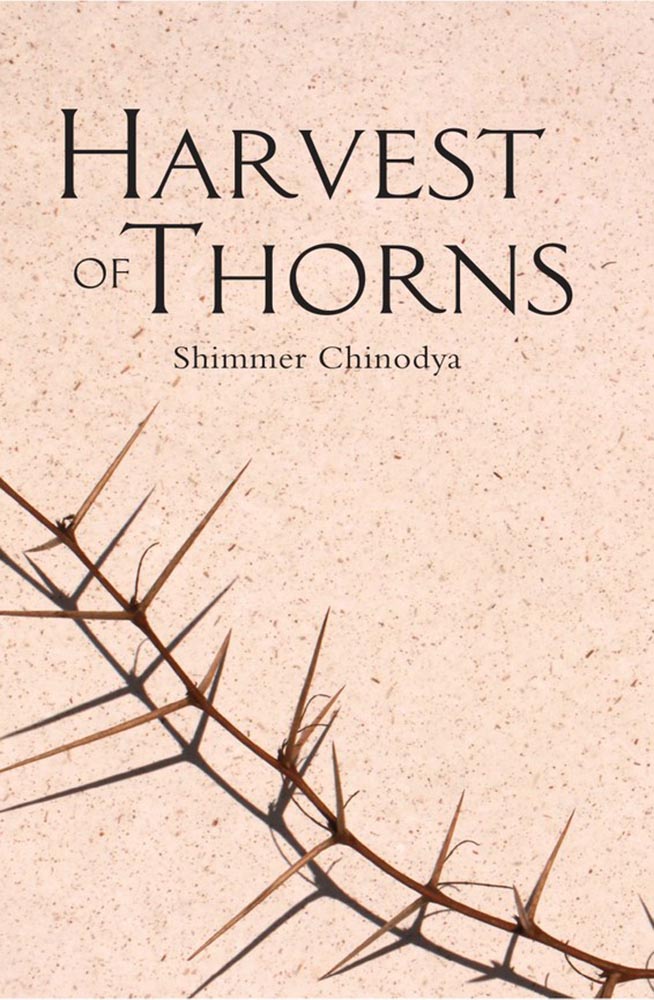
harvest of thorns
The 1990 Commonwealth Writers Regional Prize voted Harvest of Thorns the winner in the Best Book category. Harvest of Thorns tells the story of Benjamin Tichafa who grows up in Rhodesia in the 1960s. From a conservative, religious family, but exposed to the heady ideas of the black nationalist movements, the young student is pulled in different directions. Isolated and troubled at boarding school, he is provoked into leaving, making his way to Mozambique, and joining the freedom fighters. There, in the crucible of a bitter civil war of liberation, the young man develops into manhood. Returning, hardened, at independence, he feels that little has changed, not least within his own family circumstances, and asks himself what it means to be free in the new Zimbabwe.

Loading the next 20 Records..…